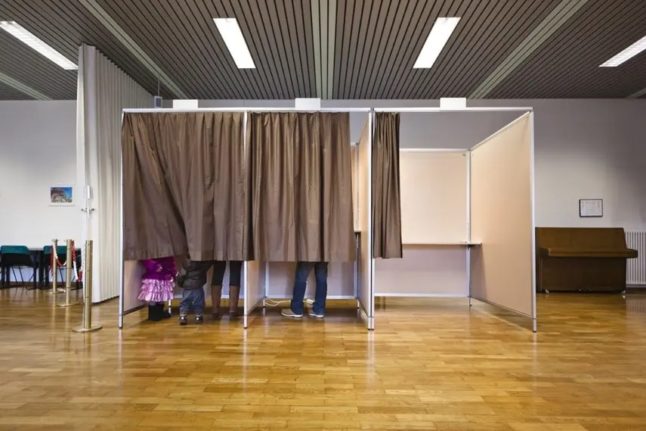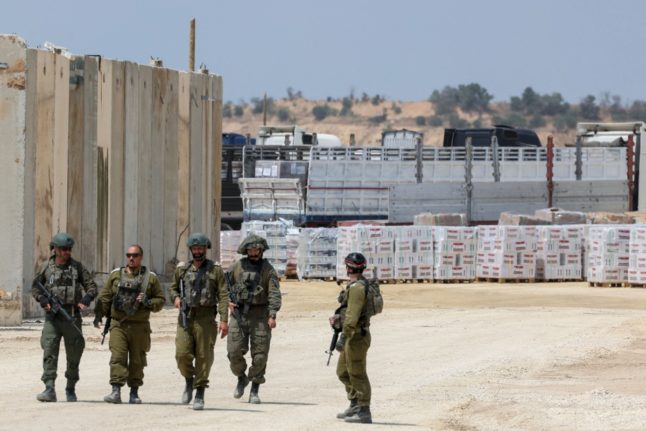As a foreign resident, you will not be able to cast your vote in this election, as only Swiss citizens can do so.
This is not an exclusively ‘Swiss’ exclusion, as many countries grant voting rights in federal elections to citizens only.
In certain cantons and communities, foreigners are allowed to vote at a cantonal and municipal level on local issues.
The cantons of Fribourg, Vaud, Neuchâtel and Jura permit non-citizens to vote, elect officials, and stand for election at communal level. Conditions vary from one canton to another, but in most cases a certain length of stay and/or a residence permit are required.
In Vaud, for instance, where 30 percent of the population is foreign, immigrants can run for or sit on the communal or Town Council, as well as sign an initiative or a communal referendum.
Geneva, which has the largest foreign population in Switzerland (45 percent), grants foreigners voting rights at communal level, but they can’t run for office.
However, only citizens can vote in parliamentary elections, which occur every four years. On this occasion, Switzerland’s population will be voting for candidates to the National Council (the lower house of the federal parliament) and the Council of States (the higher chamber).
READ ALSO: What you should know about Switzerland’s upcoming federal elections
So why is this election important to foreign residents?
The ‘mood’ in the parliament, as well as specific actions, are largely determined by which political party has the majority of seats.
After the previous election, in 2019, the populist Swiss People’s Party (SVP) has been the dominant one. As experience has shown, when right-wingers are in control, many pro-immigrant motions and proposals are vetoed.
Generally speaking, the left-leaning or moderate majority is better for foreign nationals living in the country than the populist or centre-right one.
For the upcoming election, the SVP wants to maintain its position as the dominant party in the parliament, though the Social Democrats and Greens are eager to gain ground.
The new composition of the parliament from October 22nd will give a good indication about which way the wind will blow — in terms of foreigner-friendly policies.
What specific foreigner-related issues will the new MPs debate?
During the autumn parliamentary session that ended on September 29th, deputies failed to make progress on a move that would allow people from non-EU / EFTA countries who graduate from Swiss universities to remain in Switzerland.
Given a shortage of qualified workers in some sectors — including healthcare, engineering, and IT — the Federal Council proposed not imposing quotas on third-country holders of a bachelor’s, master’s or doctorate obtained in Switzerland in a field suffering from a shortage.
In March, MPs approved this proposal, but backtracked in September, finding the measure would be difficult to implement from a constitutional point of view, because the current legislation doesn’t have any exemption clauses for third country nationals who graduate from Swiss universities with in-demand skills.
So in order for this measure to be green-lighted, legal basis must be created first.
READ ALSO: Why has the move to let non-EU graduates stay in Switzerland stalled?
It will therefore be up to the new parliament to bring this issue to fruition.
If the SVP gains majority, as some polls indicate it will, the party already vowed to fight against this, and any other attempts, to open Switzerland and its labour market to more foreigners.



 Please whitelist us to continue reading.
Please whitelist us to continue reading.
Member comments